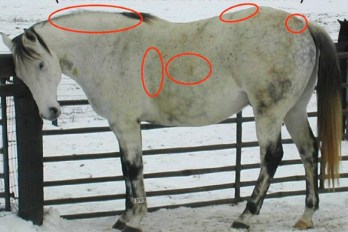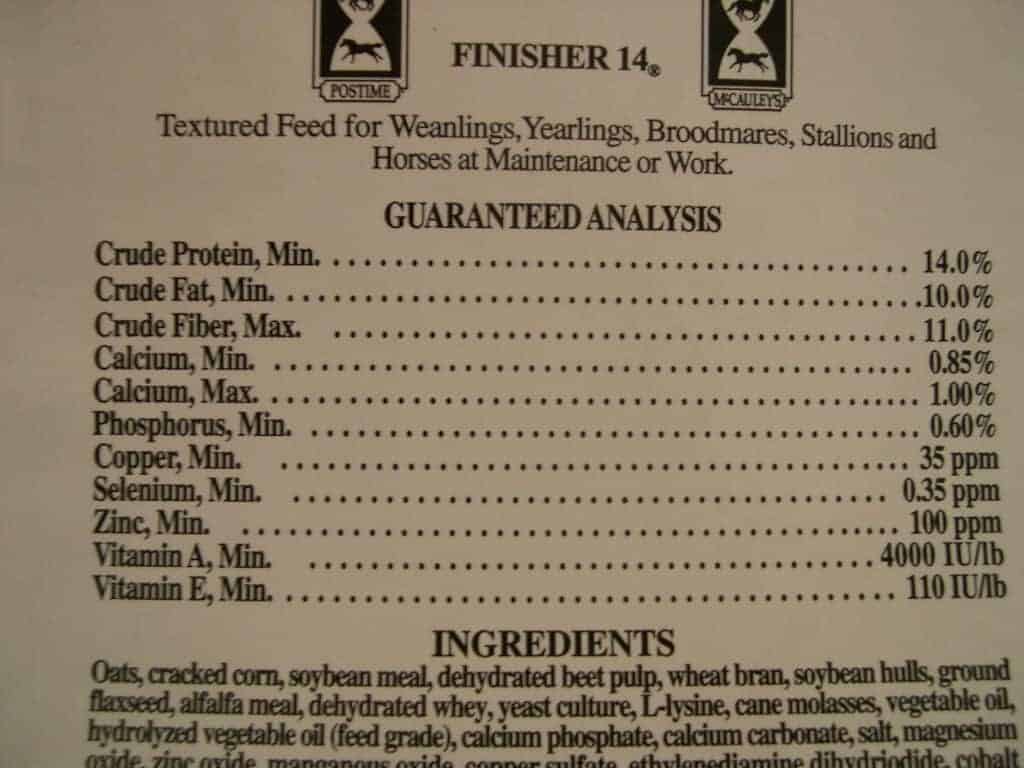NASC Announces Updated Quality Seal
Consumers can expect to see the updated seal on shelves as early as this fall.
Consumers can expect to see the updated seal on shelves as early as this fall.

Dr. Scott Palmer describes a typical racehorse feeding regimen.
Supplies of Adequan i.m. are expected to be limited in the coming months due to factory renovations.

Duncan Peters, DVM, MS, describes three-day event horse diets, both before and during the competition.
How can you reduce iron overload in horses that already are insulin resistant and have foundered?
The USEF issued a statement regarding the use of equine nutritional supplements on April 1.

A supplement fed after osteochondral fragment removal could help reduce post-surgical joint inflammation.

In this UK Lecture Series video, Dr. Amanda Adams defines equine metabolic syndrome (EMS), explains how the EMS horse is more than “just a fat horse,” and presents new treatment and management approaches for this ever-expanding equine condition.

Nutraceuticals such as joint supplements have become popular preventative therapies for equine osteoarthritis.
More than 10,000 individuals have already signed up to take part in the course on horse nutrition.

Paying attention to certain, sometimes minute, details can help horses enjoy longer athletic careers.

Assess your horse’s overall diet, nutrient needs, health status, and workload before supplementing him.

Fats increase energy density of diets and are necessary to metabolize fat-soluble vitamins.

Recent study results suggest that forage-only diets could hold benefits for performance horses.

A complete feed at recommended levels can provide calories for horses who don’t get enough from forage alone.
Stay on top of the most recent Horse Health news with
"*" indicates required fields